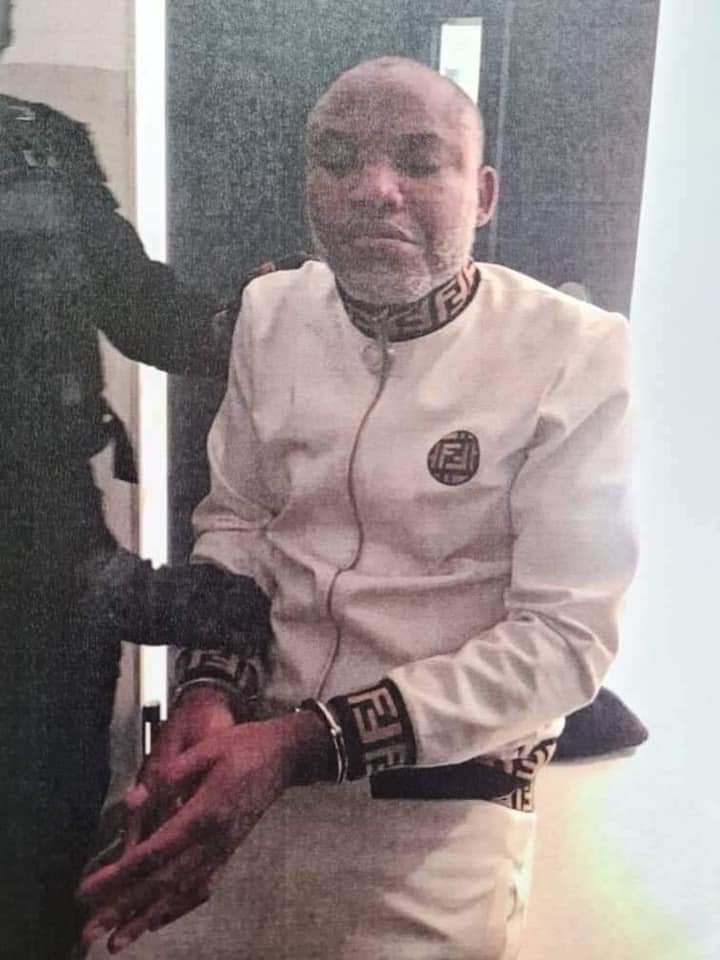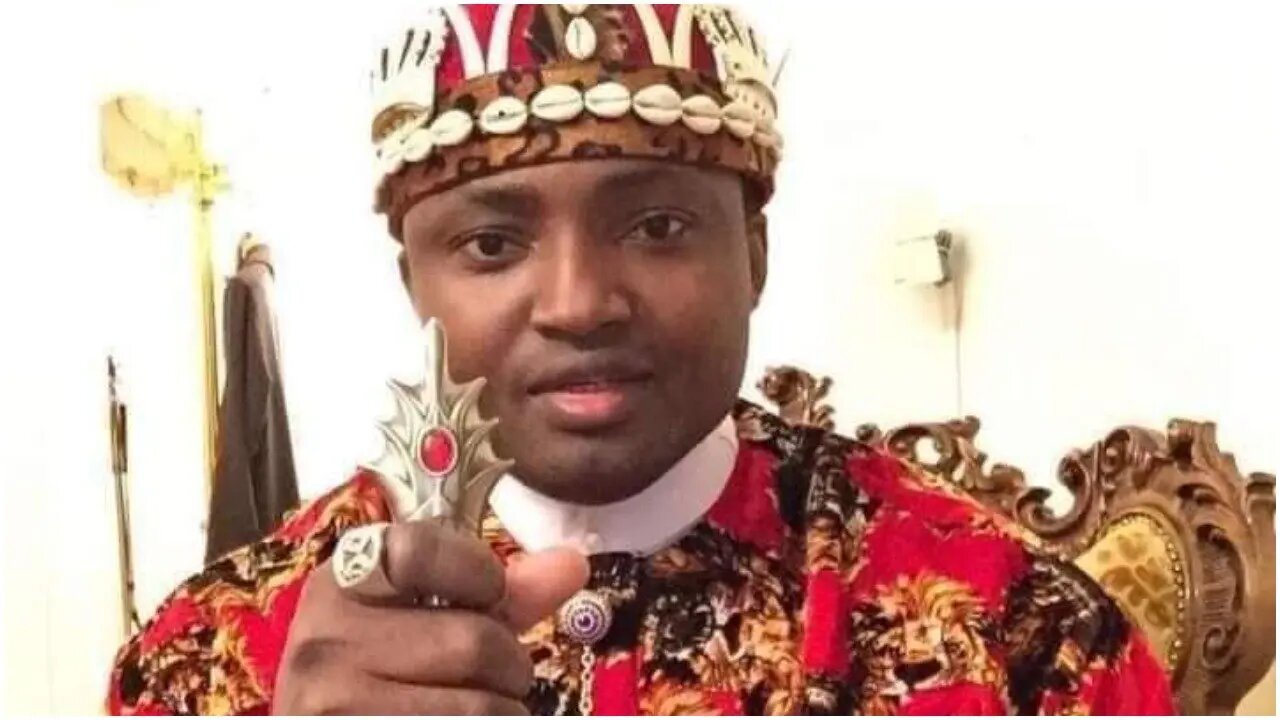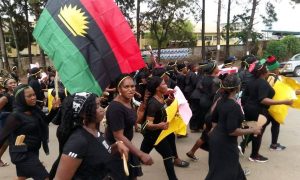Latest News
Biafra: UK govt takes action over arrest of IPOB leader, Nnamdi Kanu

The United Kingdom has stated that it will seek clarification from the Federal Government of Nigeria on the circumstances and legality of the arrest of Nnamdi Kanu.
The leader of the Indigenous People of Biafra was re-arraigned before Justice Binta Nyako of the Federal High Court, Abuja, two days after he was arrested and extradited to the country.
However, the Head of Communications, British High Commission, Mr Dean Hurlock, restated that Nnamdi Kanu, who is a British citizen, was not arrested or extradited from its territory.
Hurlock said: “We can reaffirm that Nnamdi Kanu was not arrested in the UK nor was he extradited from the UK.
“With regards to any questions about the possible legality of his arrest, the British High Commission in Abuja is currently in the process of seeking clarification from the Nigerian government about the circumstances of the arrest.”
Hurlock further confirmed that British Government was ready to provide consular assistance to Kanu.
He said: “With regard to any questions about whether the British High Commission is providing assistance in this case, we can confirm that the Foreign, Commonwealth and Development Office stands ready to provide consular assistance.
“With regard to any questions about what the UK thinks about the proposed legal process that Nnamdi Kanu is facing in Nigeria, the UK would expect any trial or legal proceedings to follow due process.”
However, Nnamdi Kanu is expected to return to court on July 26.
Ifeanyi Ejiofor, the lead counsel to the detained IPOB leader, said members of the legal team had formally applied to the Department of State Service to allow them access to their client.
Recall that Kanu, who is facing trial for treasonable felony, jumped bail in 2017 and fled the country for the UK when soldiers stormed his parents’ residence at Afaraukwu, Abia State.
He is now being remanded in the custody of the Department of State Services by the order of the Federal High Court.














